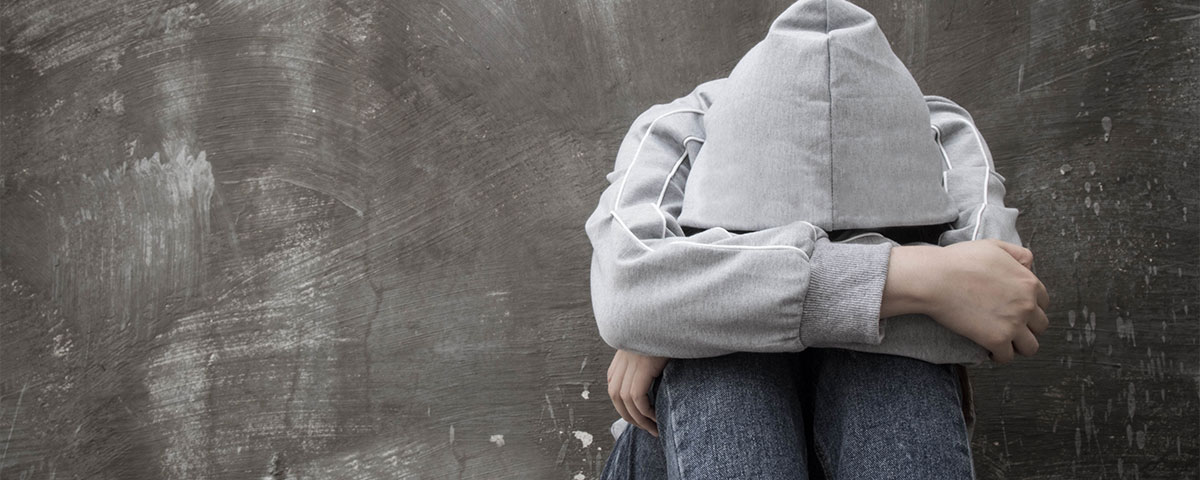As a nationwide drug and alcohol treatment center, we know that addiction recovery can be tough.
Many people who have been to rehab may have a tough time transitioning to a life without drugs or alcohol. As a loved one of an addict or someone who’s had experience with addiction, it can be heartbreaking when the person relapses. If they know that substance abuse is harmful and they’ve received treatment, why do people relapse? We’re offering information that may help you understand why relapse happens in people with addictions.
What is Relapse in Addiction?
Generally, relapse refers to the reoccurrence of a disease in a person who was already in recovery. A relapse in addiction is when a person returns to drugs or alcohol after being sober. Addiction is a progressive disease that slowly worsens overtime. It attacks both the mind and body, causing the individual to become psychologically and physically dependent on drugs or alcohol. The road to recovery from addiction is rarely, if ever, a straight path. Relapse is a common problem for people in recovery, especially within their first year of sobriety. According to the National Institute on Drug Abuse, relapse occurs in between 40 and 60 percent of addicts in addiction recovery.1 While relapse doesn’t happen to all recovering addicts, experiencing it doesn’t mean you’ve failed. At Banyan Treatment Centers, we offer various addiction therapies that are centered on helping patients develop effective relapse prevention skills for long-term recovery.
Why Do People Relapse on Drugs and Alcohol?
Addiction is a treatable but not curable disease. It’s normal for people to struggle with addiction cravings years into sobriety. There is no guaranteed date where people in recovery won’t experience these hardships. Relapse is not inevitable, but it isn’t uncommon. There are several reasons why people relapse when they’re recovering from addiction.
Stress
Stress and relapse are commonly linked. Stress is one of the most common causes of relapse in recovering addicts. Drugs and alcohol is a common coping mechanism for stress in people with addictions. They became used to abusing these substances any time they faced a stressful situation. That’s why stress is a common contributing factor to relapse. A good way to avoid relapsing because of stress is to determine what your stress triggers are so you can be prepared when you experience them. While not all stressful situations are avoidable, knowing its causes can help you identify any necessary changes you have to make.
People or places linked to your addiction
People who also drink or do drugs or engage in substance abuse with you are triggers for relapse, regardless of whether they still do. Likewise, certain places may be reminders of your addiction as well. If there’s a bar you used to drink at when you were in active addiction, avoid it. If there’s a group of old buddies who want to go out drinking like old times, decline the invitation.
Negative emotions
Similar to stress, many people also turn to drugs and alcohol to cope with negative thoughts and emotions. Individuals who suffer from mental illness or trauma-related issues may feel as if these substances are their only routes of escape. A lack of addiction or mental health treatment can worsen the situation. If you’re struggling with negative emotions and want to avoid relapse, therapy can help you develop relapse prevention strategies.
Failure to receive additional care after rehab
Many facilities offer aftercare programs that provide patients with additional support after completing substance abuse treatment. These programs are beneficial for people in recovery because they incorporate group therapy to connect members with other sober people. Several of our rehab facilities offer aftercare programs that support our alumni and promote community among members.
Additional contributing factors to relapse in addiction:
- Times of celebration or holidays
- Social events
- Fatigue
- Physical pain
- Dishonesty
- Relationship problems
- Depression
- Self-pity
- Unemployment
- Uncomfortable emotions
- Boredom
- Isolation
- Loneliness
- Overconfidence
- Lack of self-care
- Withdrawal
- Mental health
- Weight gain
Warning Signs of A Relapse
Some common indicators that an addict in recovery may relapse include:
- Reliving or speaking about the days when they used to use drugs or alcohol
- Believing they can use again without relapsing or that they can control their use “the second time around”
- Sudden mood swings or changes in behavior
- Isolating themselves from others
- Avoidance of their support group or system
- Missing recovery meetings
- Avoiding their sponsor
- Neglecting basic responsibilities
- Neglecting hobbies developed in recovery
- Doubting the effectiveness of recovery
Relapse can be scary and discouraging, but it does not mean failure. The alumni program at our rehab centers offers relapse prevention training to prepare patients for the challenges of recovery and help them avoid relapse.
Call Banyan Treatment Centers now at 888-280-4763 to find out more about our facility locations and addiction services. Recovery is just a phone call away.




















